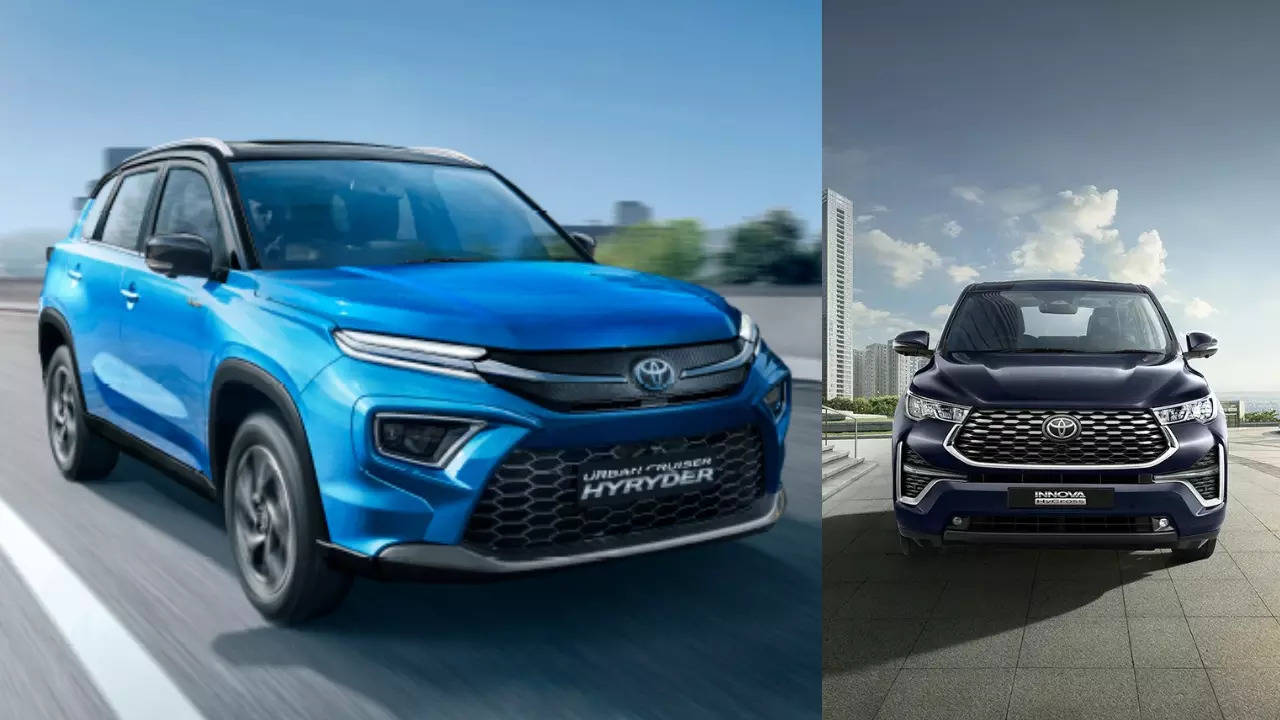In a letter to the government’s think tank, Niti Aayog, Toyota’s country head in India, Vikram Gulati, said that the tax differential over petrol cars should be as much as 11 percentage points for hybrids and 14 points for flex-hybrids. Gulati urged the government to reduce the taxes by 21 percent for hybrid cars.
At present, the government levies 48 percent tax on petrol cars and 43 percent on hybrid cars. As per Toyota’s request, if accepted, it would come down to 37 percent on hybrids and 34 percent on flex-hybrids, thus potentially making them cheaper for the end-consumers.
How Tata makes CNG cars in Pune: Plant visit and production process | TOI Auto
Toyota’s lobbying efforts come at a time when the Indian government is pushing for a transition to electric vehicles (EVs). Hybrid vehicles combine a petrol engine with an electric motor to reduce fuel consumption and emissions. They are typically more expensive than petrol cars, but they are also cheaper than EVs.
At present, the Japanese manufacturer sells a range of hybrid vehicles in India, including the Camry, HyCross, Urban Cruiser Hyryder, and Vellfire MPV. The Indian government has not yet responded to Toyota’s request.
Impact of a 21% cut in hybrid-car taxes in India
A 21% cut in hybrid-car taxes in India would make hybrid vehicles more affordable for consumers. This could lead to an increase in sales of hybrid vehicles, which would help to reduce emissions and improve air quality in India.
On the other hand, at a time when the country lacks the appropriate charging infrastructure to support mass EV adoption, the hybrid route makes more logical sense to bridge the gap between ICE vehicles and BEVs.
(With inputs from Reuters)


